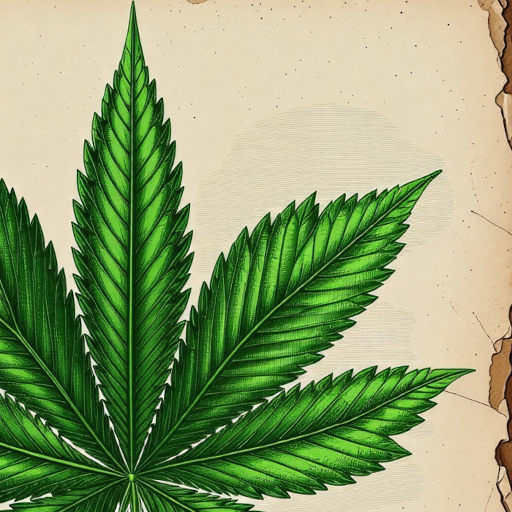
In the context of evolving societal attitudes toward cannabis, Utah has positioned itself uniquely within the United States. The legalization of medical marijuana has been a significant development in the realm of patient care and treatment modalities. As of this writing, medical marijuana is legal in Utah for individuals who possess a valid medical marijuana card obtained through a formal application process. This article seeks to elucidate the qualifying conditions, legislative history, and procedural steps for acquiring a medical marijuana card in Utah.
Utah’s journey toward the legalization of medical marijuana is a complex tapestry woven through decades of social, political, and legal maneuvers. Notably, the state has historically maintained a conservative stance on drug legislation, with the Church of Jesus Christ of Latter-day Saints advocating against cannabis use as early as 1915, leading to statewide prohibition. The renewed interest in cannabis as a therapeutic agent began in the early 2000s, culminating in significant legislative actions.
In March 2014, House Bill 105 was enacted, which enabled the use of low-THC CBD oil for minors with intractable epilepsy upon neurological recommendation. This pivotal moment laid the groundwork for broader legislative movements. Despite several failed attempts to pass comprehensive medical marijuana legislation—including Senate Bill 259 and Senate Bill 73—momentum continued to build. The turning point came with the passage of Senate Concurrent Resolution 11 in 2016, which reclassified marijuana as a Schedule II drug for medical use.
The definitive legislative breakthrough occurred on November 6, 2018, with the passage of Proposition 2, which legalized medical marijuana in Utah. Subsequently, the Utah Medical Cannabis Act was refined through House Bill 3001, facilitating the establishment of dispensaries set to open by 2021.
To obtain a medical marijuana card in Utah, patients must present with a qualifying medical condition as delineated by state law. These conditions have been identified by health professionals and policymakers as those for which medical cannabis may offer therapeutic benefits. The following list encompasses the state-approved conditions:
1. Cancer
2. Alzheimer’s Disease
3. Amyotrophic Lateral Sclerosis (ALS)
4. HIV/AIDS
5. Cachexia
6. Persistent Nausea (with specific exclusions related to pregnancy or cannabis-induced syndromes)
7. Crohn’s Disease
8. Ulcerative Colitis
9. Epilepsy or Debilitating Seizures
10. Multiple Sclerosis or Persistent Muscle Spasms
11. Post-Traumatic Stress Disorder (PTSD) – requiring a diagnosis from an approved mental health professional
12. Autism
13. Terminal Illness (with a prognosis of six months or less)
14. Conditions Requiring Hospice Care
15. Rare Conditions (affecting fewer than 200,000 individuals in the U.S. and inadequately managed despite conventional treatment)
16. Chronic Pain (lasting longer than two weeks, inadequately addressed with non-opioid medications)
17. Acute Pain (expected to persist for two weeks or longer)
For conditions not specified in the above list, the Compassionate Use Board provides a petition process, allowing physicians to request eligibility for individual patients based on unique clinical circumstances.
The process of acquiring a medical marijuana card in Utah involves several critical steps, which applicants must follow meticulously:
Step 1: Initial Consultation
Prospective patients should first schedule an appointment with a licensed medical provider who is authorized to recommend medical cannabis. This consultation typically includes a thorough medical evaluation to ascertain whether the patient’s condition meets the qualifying criteria.
Step 2: Application Submission
Once certified by the physician, patients must create an account on the Utah ID website and complete the medical marijuana card application. A nominal application fee of $15 is required.
Step 3: Await Approval
Following submission, the Utah Department of Health reviews the application. Patients can expect a processing period of up to 15 days. Upon approval, the medical marijuana card will be issued, granting legal access to dispensaries throughout the state.
The evolution of medical marijuana legislation in Utah represents a significant shift in the state’s approach to health care. As the body of evidence supporting the therapeutic benefits of cannabis continues to grow, patients suffering from a range of debilitating conditions now have access to alternative treatment options. Understanding the legal framework, qualifying conditions, and procedural steps to obtain a medical marijuana card is essential for those seeking relief through this evolving modality. As legislation continues to evolve, it remains critically important for patients and healthcare providers to stay informed about current laws and regulations governing medical cannabis use in Utah.

